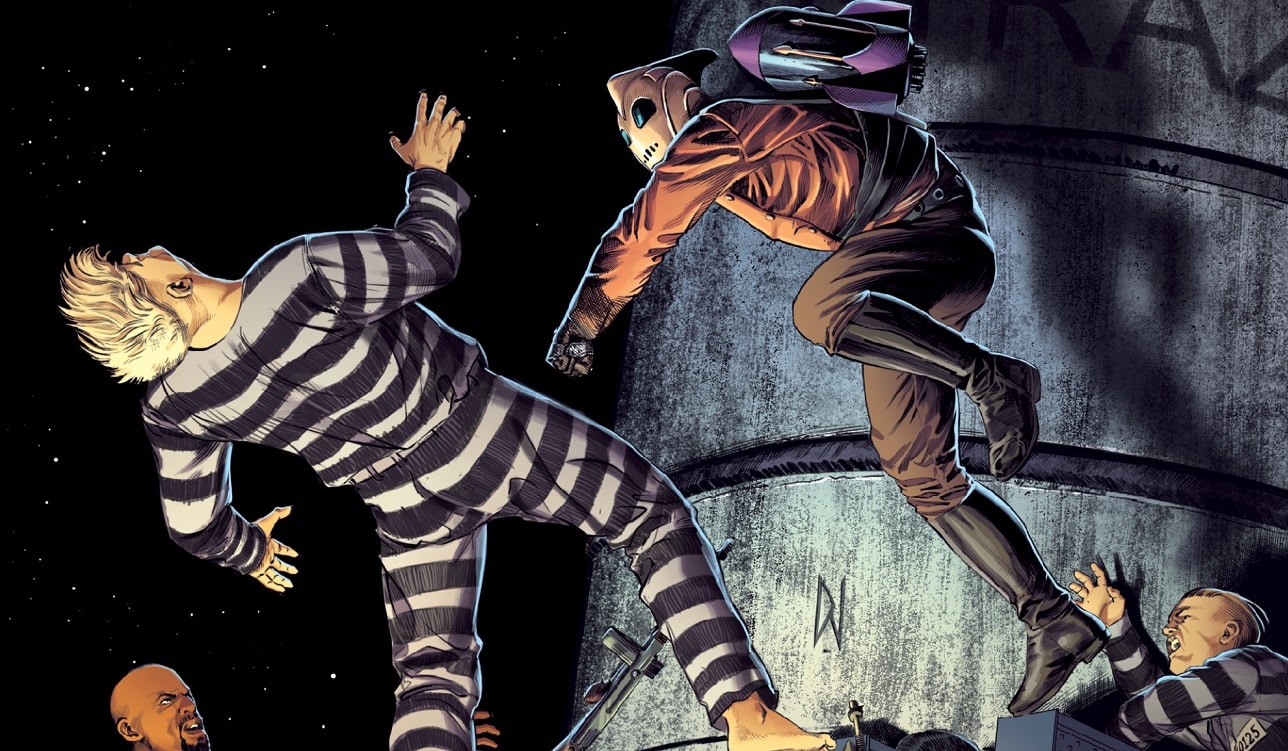Wndering which Journey Band members died? Read on to find out more about the band members.
In the world of music, some journeys are marked by heartbreak and loss, leaving fans perplexed and eager to uncover the stories behind the band members who have departed.
One name that stands out is George Tickner, whose journey with the iconic band has come to an end.
The enigma surrounding his departure has left fans bursting with curiosity, seeking answers to questions that have remained unanswered for years.
In this article, we will delve into the history of Journey and explore the untold stories of the band members who have left this world, shedding light on George Tickner’s story and paying tribute to the talented souls who contributed to the band’s legacy.
Which Journey Band Members Died?
George Tickner was an original member of the band Journey, contributing as a rhythm guitarist during its early formation. He left before the band’s peak success.
Why did George Tickner leave Journey?
George Tickner, a founding member of the iconic rock band Journey, made the decision to leave the band in pursuit of higher education and a career in the medical field.
At the time, Tickner’s departure was motivated by a desire to focus on his academic aspirations and to immerse himself in the rigorous studies required for a medical degree.
According to guitarist Neal Schon, the only constant original member of Journey, Tickner’s departure was rooted in his commitment to advancing his education.
He explained that Tickner left the band to enroll at Stanford University Medical School on a full scholarship, a remarkable opportunity that would enable him to pursue a future in medicine.

This choice highlights Tickner’s dedication to his personal and professional growth. By opting to pursue a medical degree at one of the world’s most prestigious universities, he demonstrated a profound commitment to his long-term goals.
Tickner’s decision to leave Journey was made with mutual respect and understanding among the band members.
While George Tickner’s departure marked a significant turning point for both him and Journey, his contribution during the band’s early years remains an integral part of their history.
His departure allowed him to follow a distinct path that would lead him to a different kind of success, one beyond the realm of music, ultimately underscoring the diverse talents and aspirations of the band members.

How long was George Tickner in Journey?
George Tickner played a crucial role as a founding member of the rock band Journey during its inception and early years.
In 1973, he joined forces with other talented musicians, including Neal Schon, Gregg Rolie, Ross Valory, and Aynsley Dunbar, to establish what would later become one of the most iconic bands in rock history.
As a guitarist, Tickner contributed his musical skills and creative input, helping to shape the band’s identity and sound.
During his time with Journey, Tickner participated in the band’s early rehearsals, songwriting sessions, and live performances.
His contributions were instrumental in laying the foundation for Journey’s musical direction and camaraderie. The collaborative spirit that Tickner brought to the band’s formative years helped set the stage for the future successes that Journey would achieve.
Despite his significant role, Tickner’s tenure in Journey was relatively brief. He decided to leave the band in 1975, which was before Journey achieved widespread commercial success and before the release of their breakthrough album “Infinity” in 1978.
His departure was attributed to his pursuit of higher education and a medical career, as he chose to enroll in Stanford University Medical School on a full scholarship.
While George Tickner’s time in Journey spanned a couple of years, his impact on the band’s early journey should not be underestimated.
His contributions, along with those of the other founding members, played a crucial role in shaping the band’s identity and setting them on the path to becoming rock music legends.

Who is the leader of Journey?
Arnel Campaner Pineda, born September 5, 1967, is a Filipino singer renowned for his impressive vocal talents.
He gained global recognition as the lead vocalist of the iconic rock band Journey. Discovered through his YouTube videos showcasing his powerful vocals, Pineda’s journey from a struggling musician in the Philippines to fronting Journey is a widely celebrated story.
Chosen by Journey’s Neal Schon in 2007, Pineda’s dynamic stage presence and vocal resemblance to original lead singer Steve Perry revitalized the band’s performances. His inspiring journey highlights the transformative power of music and determination.

Who are the current Journey band members?
Steve Perry – Lead Vocalist: Steve Perry’s powerful vocals defined Journey’s 1980s hits like “Don’t Stop Believin'” and “Open Arms.”
Arnel Pineda – Lead Vocalist: Discovered on YouTube, Arnel Pineda joined in 2007, infusing new energy while honoring the band’s classics.
Neal Schon – Lead Guitar: Founding member Neal Schon’s innovative guitar work shaped Journey’s signature sound since 1973.
Randy Jackson – Bass Guitar: Randy Jackson’s bass contributions during certain periods added depth to Journey’s rhythm section.
Jonathan Cain – Keyboard Instrument: Jonathan Cain’s keyboard melodies and songwriting enriched Journey’s music from the 1980s onward.
Gregg Rolie – Harmonica: Original member Gregg Rolie’s keyboard, vocals, and harmonica played a pivotal role in the band’s early evolution.
Steve Augeri – Lead Vocalist: Steve Augeri served as the lead vocalist, bringing his own style to Journey’s music during his time with the band.
Deen Castronovo – Acoustic Drum Kit: Deen Castronovo contributed his drumming skills to Journey, adding rhythm and energy to their performances.
Ross Valory – Bass: Ross Valory’s bass playing provided the foundation for Journey’s sound and was an integral part of their rhythm section.
Robert Fleischman – Lead Vocalist: Robert Fleischman took on lead vocal duties during his tenure with Journey, leaving his mark on the band’s musical legacy.
Steve Smith – Acoustic Drum Kit: Steve Smith’s drumming prowess contributed to Journey’s dynamic sound, particularly during his time with the band.
Todd Jensen – Bass: Todd Jensen’s bass contributions added depth and texture to Journey’s music during his involvement.

These members, each with their unique talents, have played roles in shaping the evolution and sound of Journey over the years. Together, these members have crafted Journey’s timeless rock anthems and legacy.
What style of rock is Journey?
Journey emerged as a formidable force in the music world, embodying the anthemic essence of arena rock during the dynamic decades of the 1970s and ’80s.
Their distinct fusion of melodic hard rock and sweeping balladry propelled them to monumental success, marked by an impressive tally of 25 gold- and platinum-certified albums.
Hailing from San Francisco, the band seamlessly married compelling elements of rock genres, creating a harmonious marriage of edgy guitar-driven soundscapes and larger-than-life emotional narratives.
In their early days, Journey’s musical explorations extended to the realms of jazz fusion and progressive rock, revealing their inclination for intricate compositions and technical prowess.
This multifaceted blend of styles, from the riveting energy of arena rock to the intricacies of jazz-infused progressions, contributed to Journey’s enduring appeal and established them as a timeless fixture in the rock pantheon.
What was Journey’s first big hit?
In 1979, Journey released “Lovin’, Touchin’, Squeezin’,” a single that marked a significant turning point in the band’s journey to musical stardom.
At that time, the band had experienced moderate success with songs like “Wheel in the Sky,” which had reached No. 57 on the charts the year before.
“Lovin’, Touchin’, Squeezin'” would prove to be the catalyst for Journey’s ascent to the forefront of the rock music scene.
The song’s impact was immediate and far-reaching. With its catchy hooks, emotive lyrics, and a driving rock rhythm, “Lovin’, Touchin’, Squeezin'” resonated deeply with audiences, capturing the essence of both the band’s musical evolution and the zeitgeist of the late 1970s.
Steve Perry’s soulful vocals added a layer of authenticity and emotion that connected with listeners on a personal level, while the energetic instrumental arrangement showcased Journey’s prowess as a cohesive and talented ensemble.
As the song gained traction on the airwaves, it quickly climbed the charts, exceeding the success of “Wheel in the Sky” and earning Journey a spot in the Billboard Hot 100.
The song’s commercial triumph was a testament to the band’s growing popularity and their ability to craft music that transcended genres, appealing to a diverse range of listeners.
“Lovin’, Touchin’, Squeezin'” not only showcased Journey’s musical versatility but also hinted at their potential to create chart-topping hits. It became a defining moment in the band’s career, setting the stage for their subsequent string of successes in the 1980s.
The song’s infectious melodies and memorable chorus left an indelible mark on pop culture, solidifying Journey’s status as a powerhouse in the world of rock music.
Also Read:



















 English (US) ·
English (US) ·